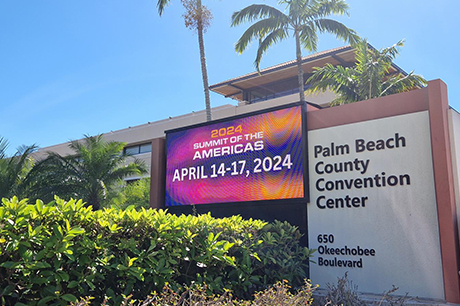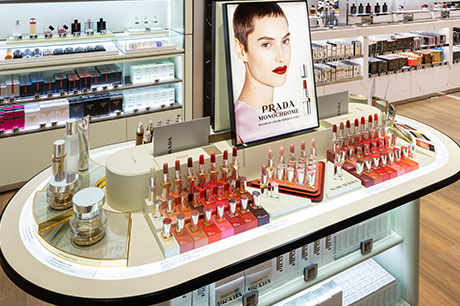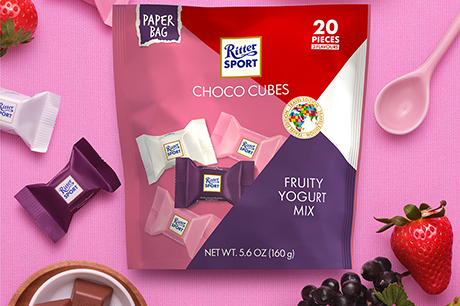Amarula’s new bottle design inspired by elephant orphan
By Charlotte Turner |
 Distell says it will be able to show visitors to the TFWA World Exhibition in Cannes the new ‘Jabulani’ bottle design for its Amarula Cream brand (booth M64 in Green Village).
Distell says it will be able to show visitors to the TFWA World Exhibition in Cannes the new ‘Jabulani’ bottle design for its Amarula Cream brand (booth M64 in Green Village).
The bottle, which features ‘sleek new curves and design elements’, including the shape of an African elephant etched into the glass, will be available in several sizes including: 50 ml, 200ml, 375ml, 500ml PET, 750ml and 1000ml for travel retail.
“Because of the elephant etching, the brand marketing team named the bottle ‘Jabulani’, which is Zulu for ‘rejoice’,” reveals Distell.

“The bottle also reflects our ongoing commitment to elephant conservation,” says Distell’s Amarula Global General Manager, Dino D’Araujo.
The inspiration for the name stems from the story of a rescued orphan elephant, named Jabulani that was successfully reintroduced into the wild by South African conservationists.
PROTECTING AFRICA’S HERITAGE
According to Distell’s Amarula Global General Manager, Dino D’Araujo, the new bottle design celebrates the brand’s most prolific icon, the African elephant, in a more ‘evocative’ way.
“The bottle also reflects our ongoing commitment to elephant conservation. Since 2002, the Amarula Trust has helped conservationists study elephant behaviour and use the learnings to protect elephants within South Africa’s borders.
“This year, we are extending our support into the rest of Africa thanks to a partnership with Wildlife Direct and its Kenyan CEO, Dr Paula Kahumbu.
“Funding generated from the proceeds of Amarula sales around the world, combined with the expertise and commitment of Paula and her team, will help us continue to protect the continent’s elephants who are such an important part of both Africa’s heritage and Amarula’s story.
LOCAL COMMUNITY SUPPORT
Amarula Cream is made from the exotic Marula fruit that is only found in sub-Equatorial Africa.
The fruit grows only from the female Marula trees, which bear fruit once a year at the height of Africa’s summer. According to Distell, elephants travel from far away to feast on the ripe Marula fruit, attracted by its exotic aroma.
“The fruit is hand-harvested by the local communities and the inner flesh pulped and distilled to make Marula spirit,” says the brand.
“The spirit is matured for two years in French oak barrels. It is this aging process that naturally imparts the characteristics of vanilla and caramel into the spirit from the wood. Once aged, the Marula spirit is infused with a rich velvety cream.”
Alcohol insights: Conversion up, spend down in Q4
Conversion of visitors in the alcohol category in duty free has risen to 54% in Q4 2023,...
Heinemann Asia Pacific makes breakthrough in New Zealand at AKL
Heinemann Asia Pacific is set to enter the New Zealand market with three new retail concepts at...
Men buy and spend more in travel retail says new research by m1nd-set
Men have a higher conversion rate and spend more when shopping in travel retail, says new...

In the Magazine
TRBusiness Magazine is free to access. Read the latest issue now.

 Trbusiness. The travel retail Trbusiness. The magazine for global retail and duty free professionals.
Trbusiness. The travel retail Trbusiness. The magazine for global retail and duty free professionals.





















